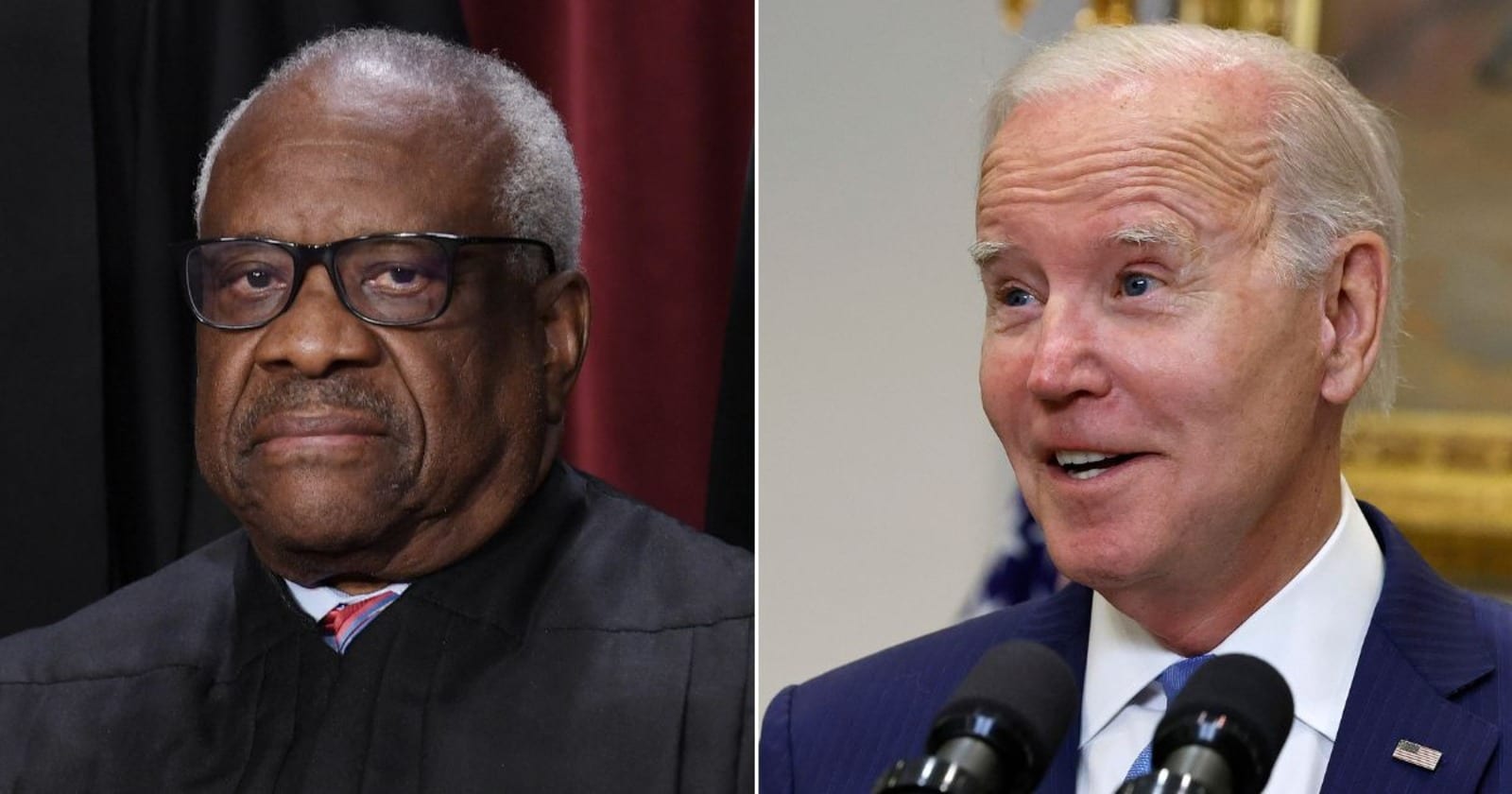OPINION: This article may contain commentary which reflects the author's opinion.
After the EPA rejected a gold and copper mine proposal in 2021, the Supreme Court declined to hear a case that would have revived the project.
Concerned about the possible effects on a significant salmon fishery in Alaska, the Biden administration made the unprecedented decision to halt construction of the Pebble Mine in 2021. Alaska had petitioned the court to reverse the EPA’s decision.
Alaska claimed the EPA broke a land exchange agreement in which the state ceded its rights to what is now Lake Clark National Park and Preserve, The Hill reported.
Alaska claimed in court documents that it received federal lands with mineral deposits in return. Alaska had claimed that “the United States is now reneging on the deal” and that the mining project would bring in money for the state in the form of royalties and taxes in addition to employing locals.
The federal government contended that Alaska should pursue alternative venues for its claims rather than taking them to the Supreme Court. The Environmental Protection Agency (EPA) cited “unacceptable adverse effects” on salmon fishery areas as the reason it halted the mine.
The Supreme Court has been a thorn in President Biden’s side, ruling frequently against his agenda. Now, a new report details how the nation’s highest court appears poised to derail Biden’s plans to further move the country to the left.
For example, Biden’s plans to tax ‘the rich’ could be scrapped soon after the Supreme Court ruled earlier this year that Biden’s $430 billion-plus student loan forgiveness was unconstitutional.
Moore v. United States, for example, could have the greatest influence on Biden, even though the court will hear cases this fall involving the right to bear arms, the authority of federal agencies, and whether the phrase “Trump too small” can be trademarked.
That debate centers on Biden’s frequently expressed desire for a wealth tax and whether it could be implemented.
The central question in the case is, according to the SCOTUS Blog, “Whether the 16th Amendment authorizes Congress to tax unrealized sums without apportionment among the states.” That amendment, of course, allowed the Legislative Branch, for the first time in the country’s history, to legally impose an income tax.
“Reward work, not just wealth. Pass my proposal for a billionaire minimum tax,” Biden said during the State of the Union address earlier this year. “Because no billionaire should pay a lower tax rate than a school teacher or a firefighter.”
“Biden later proposed a 25% annual tax on all gains to wealth over $100 million in a given year, including unrealized capital gains that aren’t currently taxable. The White House says that the tax would only apply to the top 0.01% of the highest earners. While the proposal faces long odds with a Republican-controlled House of Representatives, it could be nixed permanently if the high court rules such a tax is unconstitutional,” The Washington Examiner reported.
“The specifics of the Moore case don’t involve huge amounts of money but center around the same issues of taxation and the definition of the word ‘income,'” the outlet added. “Charles and Kathleen Moore, a Washington state-based couple, made a nearly $40,000 investment in an Indian company in 2005 and never received any money or other payments from the company even though it made a profit yearly.”
Several groups have filed amicus briefs in the case, including the libertarian CATO Institute, which argued that under the Constitution, Biden’s action would be impermissible.
“Since the ratification of the Sixteenth Amendment, this Court has consistently interpreted “income” as referring to amounts that the taxpayer realizes in a particular accounting period,” the group’s brief, filed in March, states. “Therefore, this Court has consistently treated contemporaneous realization of income as a constitutional prerequisite to a tax that is not subject to the apportionment requirement outlined in Article I.”
“In holding that the Mandatory Repatriation Tax is constitutional, the Ninth Circuit rejected this well-established principle and contradicted this Court’s precedents. The Ninth Circuit’s approach contorted the definition of ‘income’ beyond recognition,” the brief continued.
The group added: “If a tax on unrealized investment holdings like the Mandatory Repatriation Tax can be treated as an ‘income’ tax, anything can be treated as an income tax. And if anything can be treated as an income tax, then the Sixteenth Amendment’s limitation to ‘income’ taxes is meaningless.”
“Businesses rely on predictability and certainty in tax laws to plan their affairs,” said an amicus brief filed this month by the U.S. Chamber of Commerce, the country’s largest business organization.
“If income can be redefined as easily as the Ninth Circuit says, then businesses and their shareholders could be subject to taxes on anything that the government later deems “income”—even increases in value that could disappear as valuations or markets fluctuate. Such a realization-free approach risks profound uncertainty in an area of the law that demands certainty,” the group argued further.
